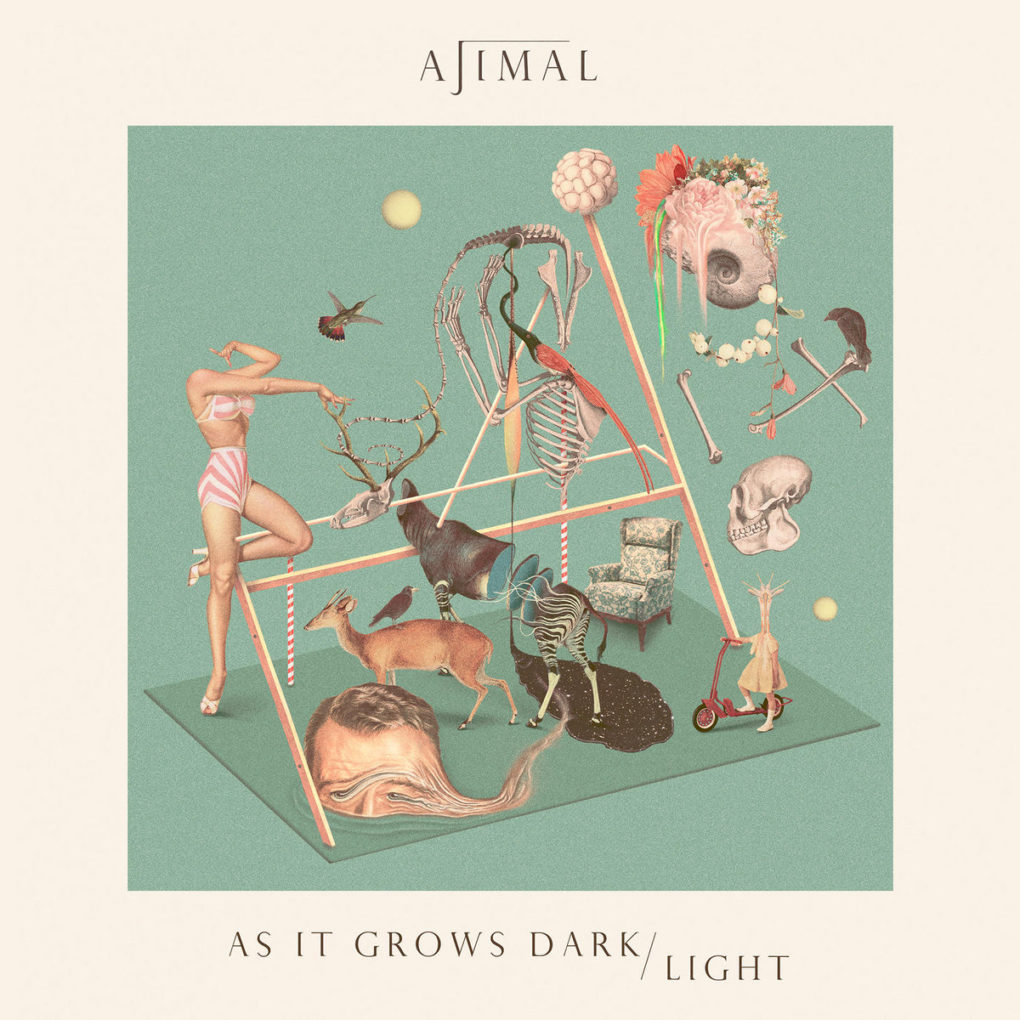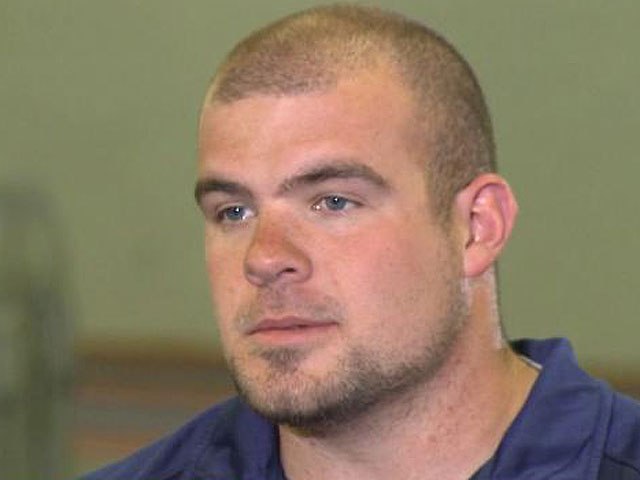
When Cameron Lyle was in his second year at the University of New Hampshire, he and a couple of friends decided to join the registry for something called “Be The Match” – an American organization that takes cheek swab samples from as many people as possible, in the hopes that they might one day be bone marrow donors.
People requiring transplants can typically only receive bone marrow from family members, and for this reason, when Cameron Lyle joined the registry, he was told that the chances of being a match for a non-family member was something in the neighbourhood of one in 5 million.
With odds like that, you can tell where this story is headed.

Two years later, as Lyle was in his senior year, he got a call saying that a 28-year-old male who was suffering from leukemia had a few months to live unless Lyle, who was a match, agreed to donate his bone marrow. And not just a bit of bone marrow: about 2 litres, or 150 times more than the average donation requires. Donating that much marrow is not a simple procedure, and Lyle would be in for a lengthy recovery. In addition, he would be left unable to lift more than 20 pounds over his head.
For most of us, being unable to lift more than 20 pounds over one’s head doesn’t seem like a terrible inconvenience; it basically amounts to a free pass on hard work for the rest of your life. If a friend needs you for help moving, you get dibs on driving the moving truck without having to touch a couch or a bookshelf.
For Cameron Lyle, though, losing the ability to lift was a bit of a problem: he was in his senior year on the University of New Hampshire’s Division 1 track and field team. His specialty events? Shot-put, discus, and hammer throw.
Donating would effectively mean an end to his track career at age 21, just a few weeks before all the biggest competitions of his final year on the team were to start. He made the decision instantly, missed the rest of the season, and saved the life of someone he didn’t know.
He described the decision as a “no-brainer.”
Not only has this story made me re-assess the speed of my decision-making (I recently spent a day in pajama pants because I couldn’t decide which shorts to wear) but it has also been a refreshing reminder of goodness and humanity.
Yes, people can be cruel, rude, thoughtless, snippy, belligerent, petty, and obnoxious. But I think more often than not, those characteristics are symptoms of larger problems; fear, anger, hatred, stress. Those are diseases for which, paradoxically, kindness is usually the cure.
What makes this a beautiful song:
1. Ajimal, aka Fran O’Hanlon, sings with a whisper that is like a baritone translation of Bon Iver.
2. The whole song feels like a living, breathing organism – from the gently pulsating kick drum heartbeat to the fluid blood flow of the synth chords to the fluttering eyelids of the guitar. I’m not sure if this is because O’Hanlon is trained as a doctor, but I’d like to think it is.
3. The power of the chorus comes in the straightforward language he uses to describe kindness: “This is not difficult or radical. This is fundamental.” In other words, kindness is – quite literally in the case of Cameron Lyle – in our bones. We just have to be willing to donate it.
Recommended listening activity:
Being a better person than you were yesterday.